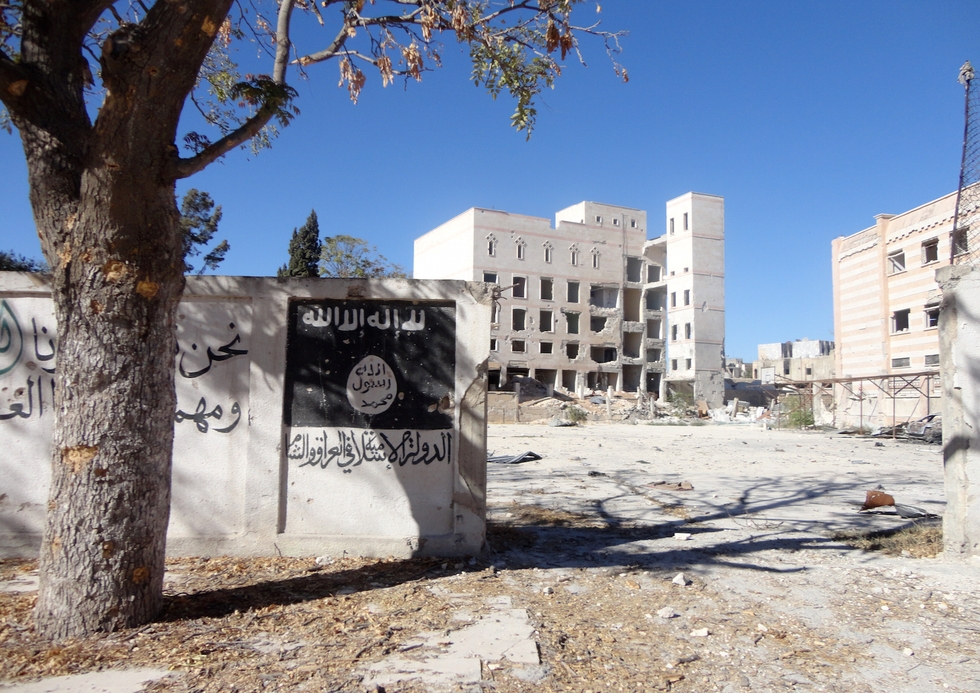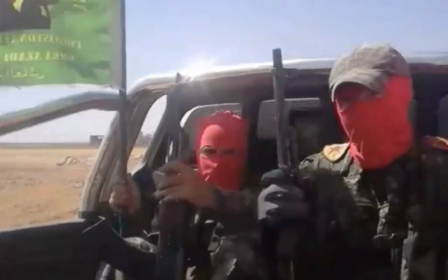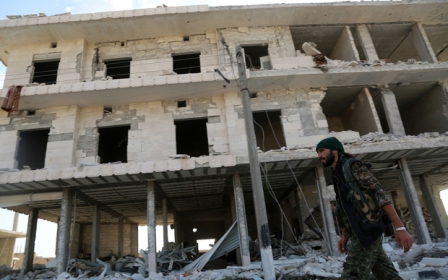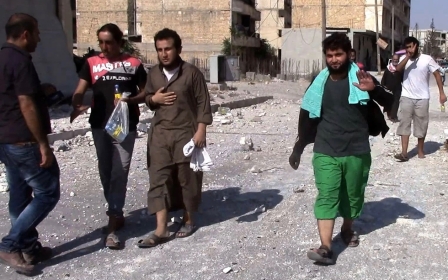Hundreds injured or killed by IEDs left by IS in Syrian town

Hundreds of civilians, including dozens of children, have been injured or killed by landmines in the city of Manbij in northern Syria, according to a new report by Human Rights Watch.
Improvised explosives devices (IEDs), planted by the Islamic State group before they were driven out of the city in August, were found to have killed at least 69 civilians, including 19 children, following a five-day investigation by the human rights organisation.
“IS mined virtually everything including, quite literally, the kitchen sink before they left,” said Ole Solvang, deputy emergencies director at Human Rights Watch.
“These explosive devices have already killed and injured hundreds of civilians, but these numbers will increase even further as more people return to their homes.”
On 6 August, the Syrian Democratic Forces (SDF), a coalition of Arab and Kurdish fighters backed by US air strikes, recaptured Manbij following a two-month battle.
IS had seized the town in 2014 and used it as a hub for moving militants to and from Turkey and Europe. It also controlled a key supply route for the group.
The militants have frequently left large numbers of explosive devices in areas they control prior to moving out.
The HRW report found that IEDs had been left in schools, homes and on roadsides, as well as in doorways and windows, under mattresses and piles of shoes, in refrigerators and bags of clothes, and in television sets and kitchen sink taps.
Victim-activated explosive devices like those placed in Manbij are banned by the 1997 Mine Ban Treaty, which prohibits the use of antipersonnel landmines under any circumstances.
SDF officials attempted to clear the main roads of mines during and after the fighting and since then a team of 20 local police officers has been involved in demining public buildings.
Although at least one international humanitarian organisation has run risk awareness programmes in some schools in the city, HRW warned that more was needed.
“Limited clearance capacity means that sometimes a house will be cleared only after explosive devices have been detonated,” Solvang said.
“That will be too late for many civilians.”
A commercial organisation was planning clearing activities for the city, but had not begun operations at the time of the release of the report.
New MEE newsletter: Jerusalem Dispatch
Sign up to get the latest insights and analysis on Israel-Palestine, alongside Turkey Unpacked and other MEE newsletters
Middle East Eye delivers independent and unrivalled coverage and analysis of the Middle East, North Africa and beyond. To learn more about republishing this content and the associated fees, please fill out this form. More about MEE can be found here.




